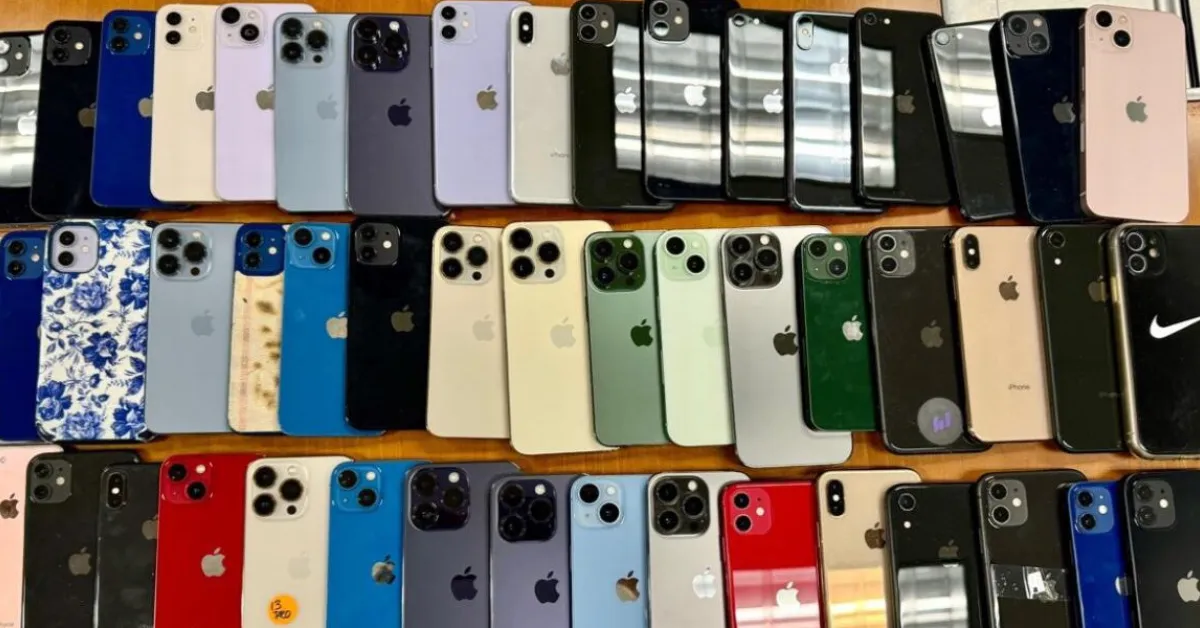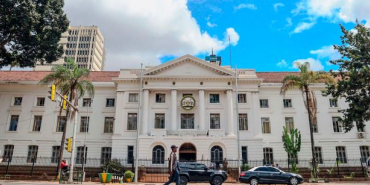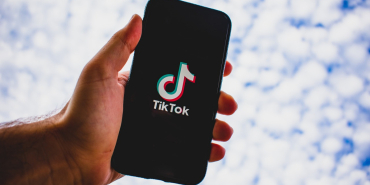How Stolen iPhones from London End Up in Kenya’s Second-Hand Markets

Thousands of stolen mobile phones from Europe and North America are being funnelled into international resale networks, with Kenya emerging as a key destination for the trade.
Police data from the United Kingdom highlight the growing scale of the problem. In 2024, around 80,000 mobile phones were reported stolen in London, where organised groups often target Apple stores due to the high resale value of iPhones.
Despite Apple’s advanced security measures, many stolen devices still end up circulating through global markets. Recent investigations by the Metropolitan Police have uncovered how these thefts feed into cross-border operations.
In October 2025, officers seized about 1,000 iPhones near Heathrow Airport as part of an investigation into a smuggling network accused of moving up to 40,000 stolen phones. Police estimate that roughly three-quarters of handsets stolen in London are shipped overseas.
Many are sent to China, where they are reprogrammed, dismantled for parts, or repackaged as refurbished models before being re-exported to countries with weaker tracking systems. Kenya’s strong market for refurbished iPhones places it at the centre of this trade.
Official records show a steady inflow of used smartphones from China, the United States, and the United Kingdom, with Nairobi’s Central Business District acting as a major distribution hub. Local sellers maintain that most devices are legitimate, though some admit that verifying their origins can be difficult.
“Maybe they are stolen. There is no telling for sure,” one retailer said. “Our suppliers deal mainly with phones refurbished abroad after being returned to Apple for faults.”
Detecting stolen phones remains a major challenge for customs authorities. Shipments often arrive in small batches mixed with genuine products and are labelled as “used electronics” or “spare parts,” making it difficult to separate lawful imports from stolen goods.
For consumers, the trade carries significant risks. While it provides access to high-end phones at lower prices, buyers may unknowingly purchase stolen devices. Experts advise checking IMEI numbers and buying only from authorised retailers, noting that unusually low prices can indicate suspicious origins.














Add new comment